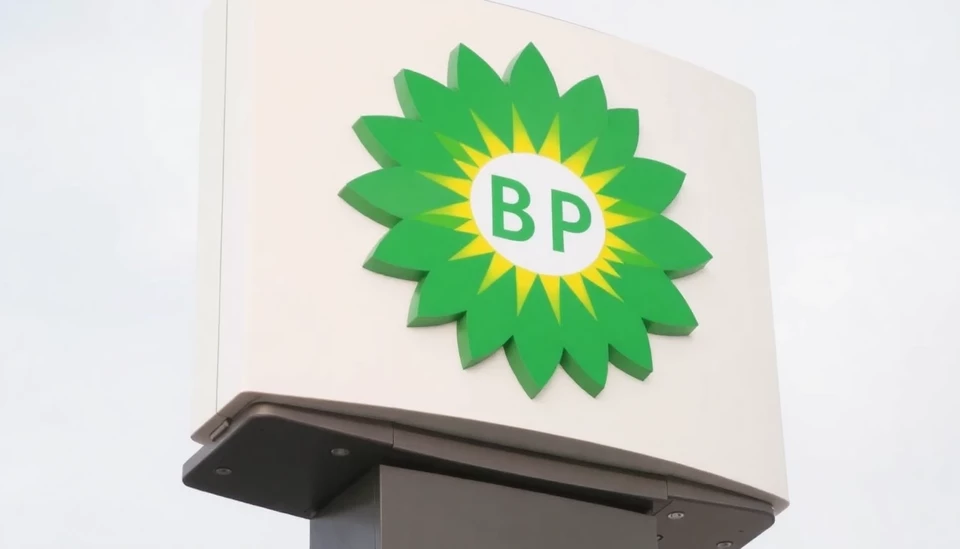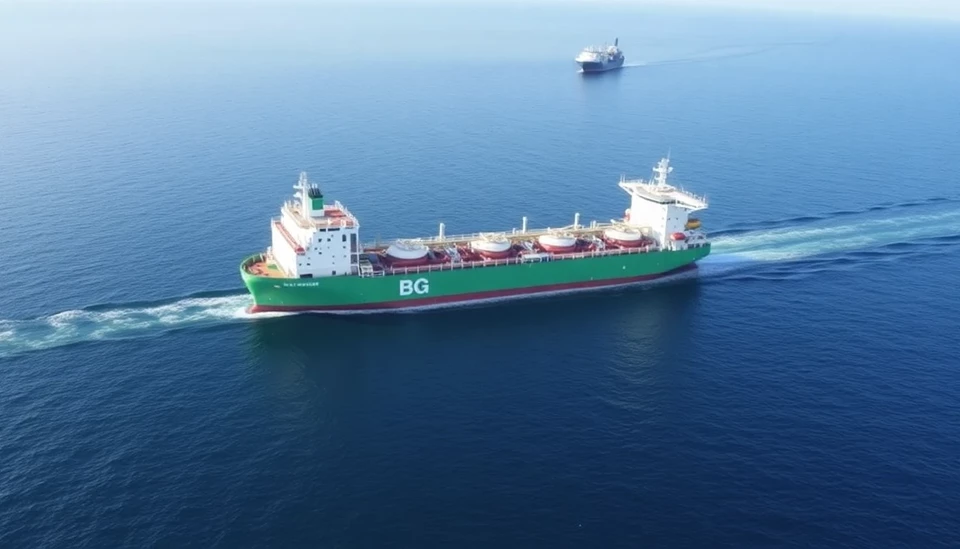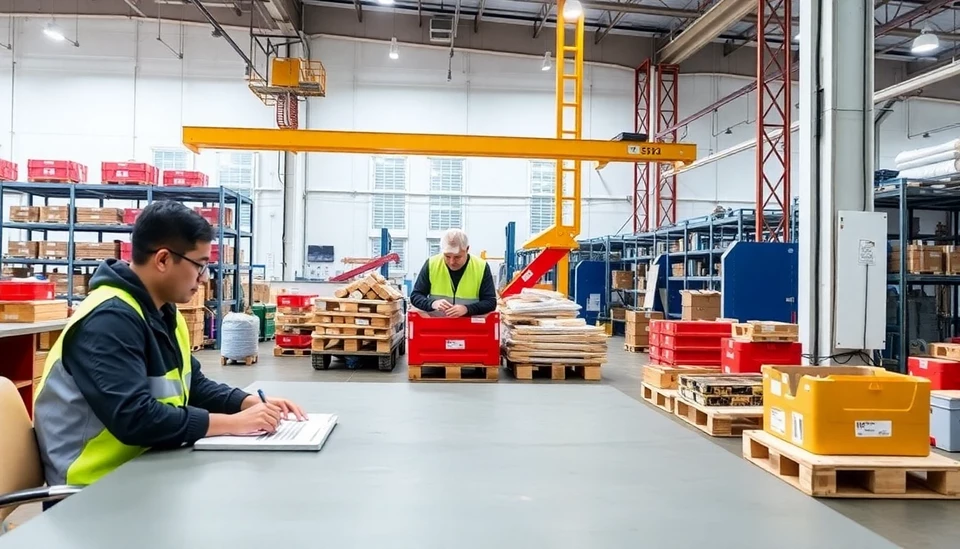
In a strategic move to streamline its operations and pivot towards greener energies, BP has revealed its plans to sell its fuel retail locations in Austria. This decision forms part of the company's larger strategy to transition away from fossil fuels and enhance its focus on sustainable energy solutions, including electric vehicle (EV) charging infrastructure.
The oil and gas giant has been increasingly under pressure to realign its business model in response to the growing global trends towards electrification and renewable energy sources. By selling its fuel retail sites, BP aims to strengthen its balance sheet while simultaneously investing in high-growth areas within the energy sector. This transformation is timely, reflecting a significant shift in consumer preferences and a mounting regulatory framework supporting sustainability.
The retail fuel market in Austria has been an integral part of BP's business operations. The planned divestment, which includes not only traditional fuel dispensing sites but also an array of EV charging stations, underscores BP's commitment to integrating electric mobility into its future strategies. The company intends to harness the proceeds from this sale to further bolster its investments in cleaner technologies, optimizing its current portfolio for a more eco-conscious future.
Furthermore, BP's decision comes at a time when the demand for cleaner energy solutions is surging, driving significant changes in the global energy landscape. As countries worldwide endeavor to meet their climate goals, traditional fuel retailers are increasingly challenged to innovate or adapt. In this context, BP's focus on selling its Austrian retail arm signals a broader industry trend, as more companies seek to reduce their carbon footprints while opening avenues for profit in the burgeoning renewables market.
The company has not publicly disclosed the exact number of retail sites up for sale or potential buyers involved in the transaction. However, market analysts have noted that interest in such assets could come from various quarters, particularly from entities specializing in renewable energy or charging infrastructure.
In the long run, BP's commitment to enhancing its EV charging network indicates a robust understanding of future market dynamics. As electric vehicles steadily gain popularity among consumers, transitioning to a more diversified energy offering may prove advantageous for BP. The company's focus on sustainability aligns with broader global movements to mitigate climate change and reduce reliance on fossil fuels.
As BP moves forward with this initiative, it exemplifies a crucial pivot within the energy sector. The sale of its Austrian retail sites serves not only as a financial maneuver but also as a substantial step towards a sustainable future where energy consumption patterns align more closely with environmental stewardship and technological advancement.
In conclusion, BP's decision to divest its fuel retail operations in Austria is more than just a financial strategy. It illustrates the company's vision of transitioning into a greener energy landscape, ultimately aiming for a diversified portfolio that includes significant investments in electric mobility and renewable energy.
#BP #Austria #EVCharging #Sustainability #CleanEnergy #FossilFuels #EnergyTransition #ElectricVehicles #RenewableEnergy
Author: Sophie Bennett




